READY TO GET STARTED?
REQUEST A FREE ESTIMATE
Fill out the form below or call (888) 466-7849 for a free, no-obligation estimate.
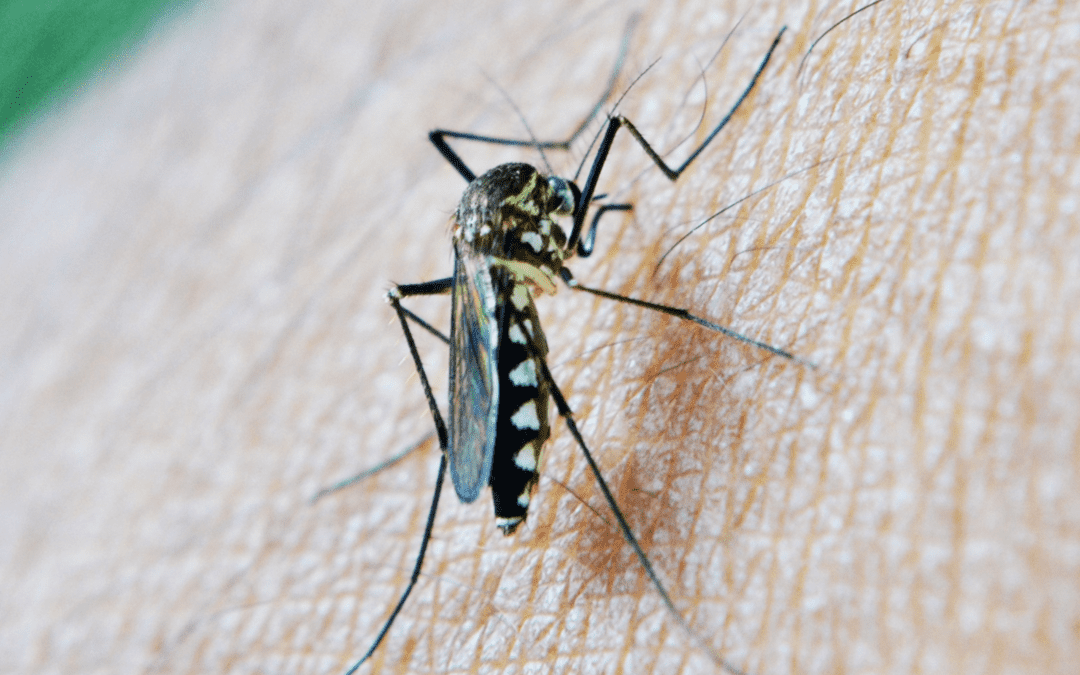
Mosquitoes are most active based on the temperature, not the time of year. In the South, this means they are active for most of the year. Even though summer is almost over, the heat will stay for a while. Sometimes, we even see temperatures above 70 degrees well into the fall season. With mosquitoes still active, it’s important to continue taking precautions.
Treatments for mosquitoes should continue into the fall, even if you aren’t experiencing mosquito issues. There are reasons behind the “start it early and finish late” saying when it comes to mosquito treatments. Treatments should run from March to October to ensure the mosquitoes are dealt with correctly.
Do you ever wonder where mosquitoes go during the fall and winter? Depending on the mosquito species, they most likely haven’t gone anywhere. They can still be found in your lawn, pond, creek, or woods. They only remain inactive in the fall and winter, most likely hibernating. Some mosquitoes will even lay their dormant eggs in the soil until warmer weather returns.
Mosquitoes might not seem as active in the later months, but they are prepared for when the weather returns to a favorable climate for them to thrive. Treatment schedules should be followed for a reason, to help maintain mosquito control, especially when the weather warms up again.
If you suspect you have a mosquito problem, reach out to your local pest control company and they can get a mosquito plan made that’s right for you and your property.
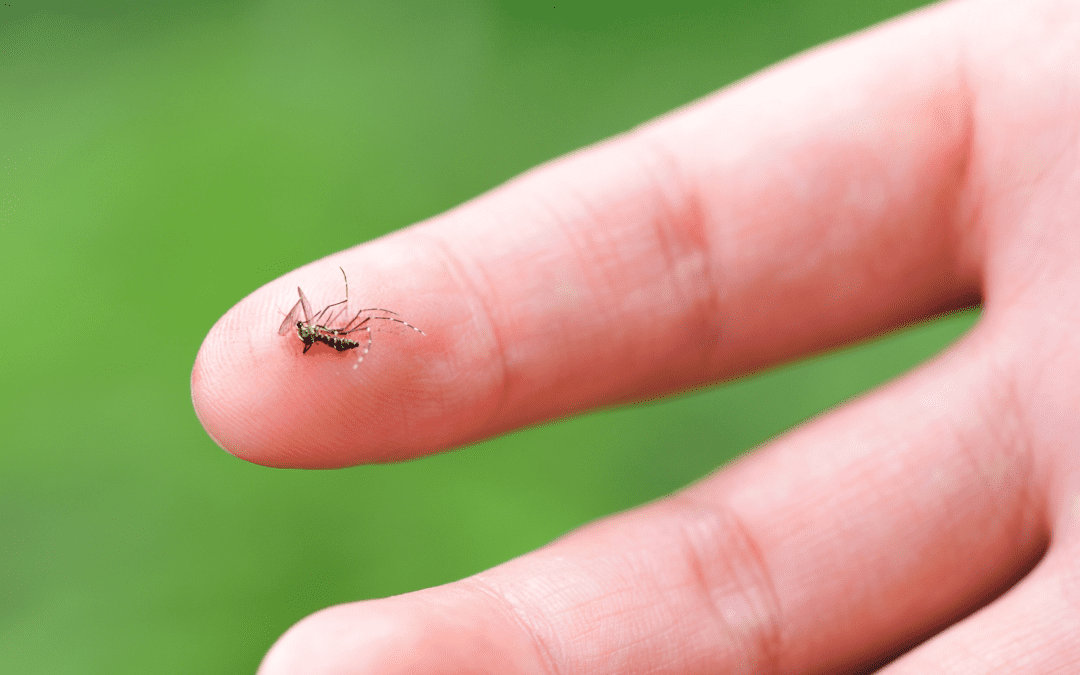
When you think of warmer weather, you imagine barbecues and beach trips. Unfortunately, these outdoor activities can be ruined by mosquito bites. Mosquitoes can put a damper on any summer fun, causing itchy red bumps and spreading diseases such as West Nile virus, Zika virus, and more within the U.S.
Most people are familiar with the maddening, itching sensation of a mosquito bite. But why do mosquito bites itch and why do they bite people in the first place? Let’s break it down.
Only female mosquitoes bite as they need protein to nourish their developing eggs. Biting mosquitoes use several different signals to locate a host, including carbon dioxide that we exhale, heat, and body odor. There are many factors that make some people appear more attractive to mosquitoes than others, including darker colored clothing, blood type, body size, being pregnant, sweat, and skin bacteria.
During the process of a mosquito biting you, it injects some of its own saliva which contains an anticoagulant and specific proteins. The anticoagulant prevents blood from clotting around the mosquito’s mouth. The proteins released by the mosquito trigger the body’s immune system, which releases histamine, a compound that increases cell count resulting in inflammation and swelling. The histamine also signals the nerves around the bite to cause it to itch.
If the mosquito problem is more than you can handle, then contacting your local pest control company might be the next step. as they will help set up the right prevention plan for your home.
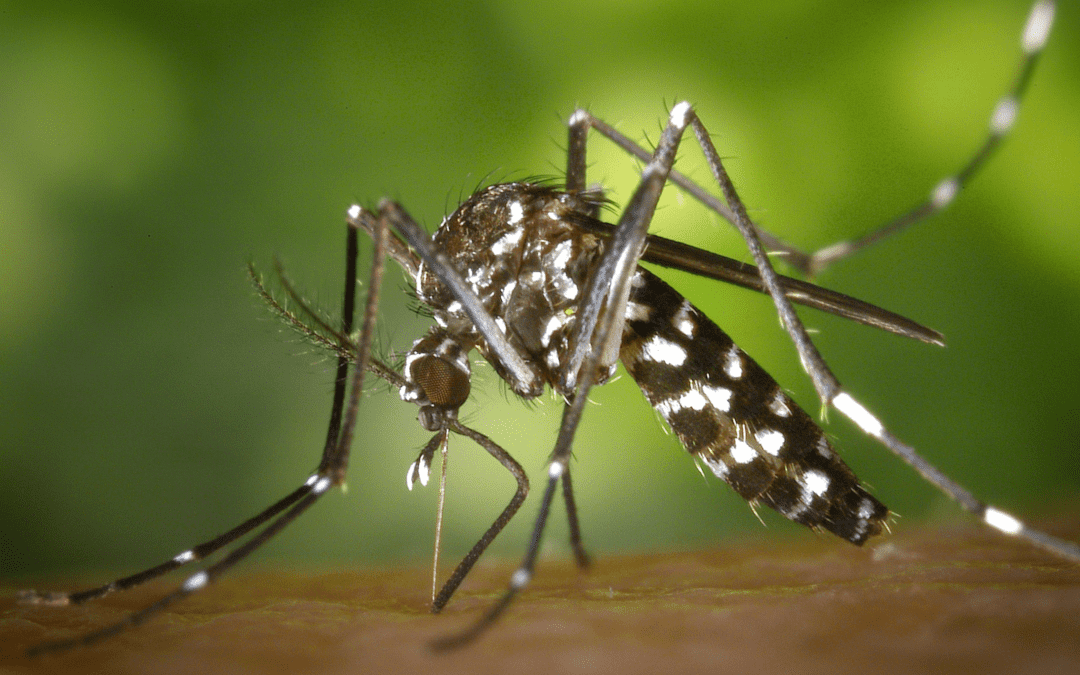
Spring is back, meaning the pesky pests that are mosquitoes are back too! If you haven’t thought about mosquito prevention, then now is the perfect time to begin. Mosquitoes are a major nuisance and they can also pose health risks to humans, dogs, cats, and horses by transmitting diseases. Placing preventative measures throughout your yard to reduce their activity will help avoid the risk of spreading diseases. Keep reading to discover more about mosquitoes.
Mosquitoes are very small, about 1/8” – 3/8” long. They have six legs and long mouthparts called a proboscis. Their coloring varies from grey to black with some having white, green, or blue markings. They are typically difficult to spot as they fly because of their small size. They are most active from dawn to dusk.
It’s a well-known fact that mosquitoes do feed on blood. Only female mosquitoes bite and feed on humans so they can lay fertile eggs. Most mosquito species breed continuously, so a female will typically search for a blood meal every two days to lay another batch of eggs. However, both male and female mosquitoes feed on nectar from flowers for their main source of energy.
Yes. Many people are bitten by mosquitoes with no side effects, except the typical itchy welt. However, mosquitoes can be the cause of many diseases. If they feed off a diseased host, some can spread pathogens that can infect other hosts it later bites.
Mosquitoes are known to spread West Nile Virus, Eastern equine encephalitis, and dengue fever in the US. Around the world they are known to spread yellow fever, malaria, and chikungunya. These illnesses do not come with specific treatments and people have varied reactions to each virus, sometimes with fatal results.
Mosquito prevention begins with eliminating all sources of standing water. Mosquitoes lay their eggs in water to allow larvae to develop. This can be as easy as changing out your birdbath water daily, keeping gutters clear of debris to prevent clogging, and checking AC drip pans for standing water.
A small fan at outdoor gatherings can also help reduce mosquitoes. The most important way to repel mosquitoes is by wearing effective insect repellent sprays or protective clothing while outside.
Taking these steps can help to prevent high mosquito activity; though, it might be best to call your local pest control company to help with future infestations. A trained service professional can provide you with a customized prevention and treatment plan to help eliminate these pests throughout your property.
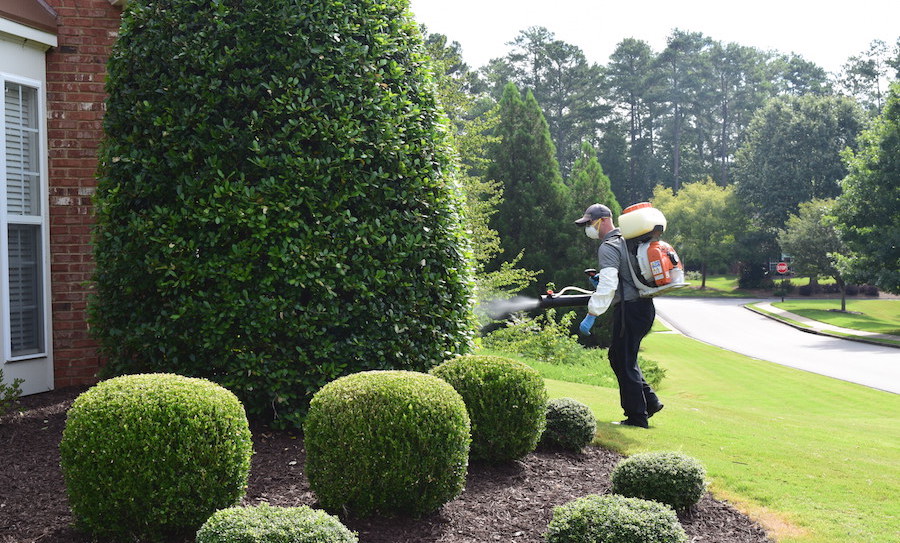
As the weather warms, mosquitoes are quick to ruin your outdoor fun. The climate in the southeastern United States is ideal for mosquitoes to thrive. In this area of the country, there is a long, warm rainy season, copious amounts of rain, and high humidity, all leading to ideal conditions for mosquitoes to breed. Mosquitoes prefer to lay eggs in standing or slow moving water. They also seek shelter and protection from tall grass, shrubbery, and low hanging branches.
Depending on where you live in the southeast, mosquito season typically runs from March to October. Mosquito eggs will hatch when temperatures are consistently above 50 degrees Fahrenheit. This is when mosquito season officially begins. When it comes to mosquitoes, prevention is key. It is important to have a plan in place before the season starts. There are several things you can do to prevent mosquitoes from taking over your property. Here are a few mosquito prevention tips you can use this season.
If mosquitoes are a big problem in your area, you may want to consider professional mosquito control treatments. It is best to spray these treatments when mosquitoes are active and humans and pets aren’t. This means it is usually best to spray in the morning or late afternoon when temperatures are cooler and the sun is not at its peak.
With mosquito treatments, a professional will come and inspect your property to identify any resting and breeding areas to help eliminate these pests. It is recommended that treatments be applied monthly during peak mosquito season. Green mosquito control is an eco-friendly alternative to traditional mosquito treatments. Green mosquito control utilizes products derived from flowers and bacteria rather than harsh chemicals. These products are only applied to areas where they are needed, limiting exposure to plants and other animals. Mosquito treatments work to reduce both adult populations and mosquito larvae.
If you have a problem with mosquitoes, contact your local pest control company for a free quote.
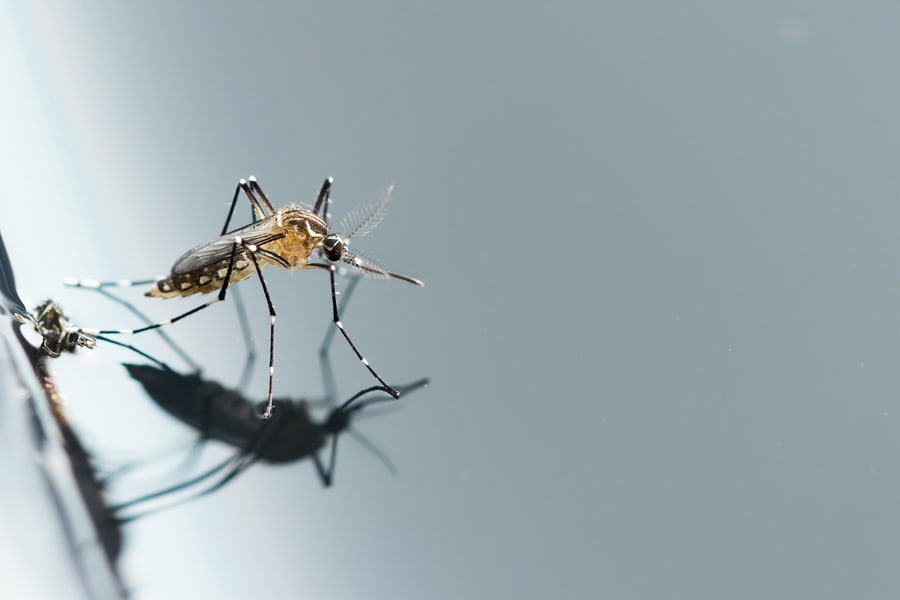
It can be tough to eliminate all the mosquitoes around your property, but it is possible to prevent an infestation of these pests. While mosquitoes are a major nuisance, they can also pose health risks to humans, dogs, cats, and horses by transmitting diseases. It’s important to place preventative measures throughout your yard to reduce both their activity and their risk of spreading diseases.
Mosquitoes are looking for standing water to breed in. The first step to preventing mosquitoes is getting rid of any standing water throughout your yard.
Mosquitoes prefer to hide in tall grass and damp woodpiles. Keeping your yard well maintained and clear of clutter can also help prevent mosquitoes from your property.
Taking these steps can help to prevent high mosquito activity; though, at times it might be best to call your local pest control company to help with future infestations. A trained service professional can provide you with a customized prevention and treatment plan to help eliminate these pests throughout your property.